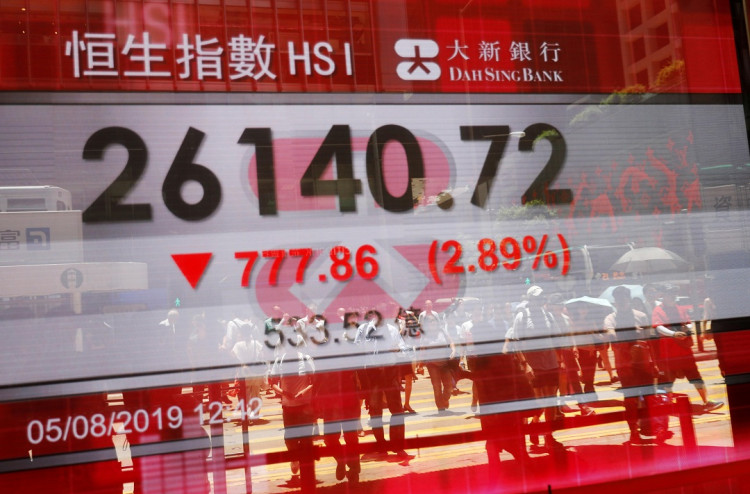The first few days of 2020 saw capital markets in Shanghai and Hong Kong surge following China's announcement that it would be bolstering its efforts to revitalize the country's economy for the New Year. The Chinese government has continually been rolling out measures to boost economic growth over the past months and it seems like it will continue to do so this year.
On the first day of trading, the Shanghai Composite Index managed to increase by 1.3 percent, while the Hang Seng Index gained a respectable 1 percent. Unlike other countries such as Japan, China's capital markets immediately began trading on the 1st of January. Japan's markets remained close, but are expected to reopen on Monday next week.
The surge in the major Chinese indexes came as the People's Bank of China, the country's central bank, announced that it would be reducing the amount of cash that banks are required to keep in reserve. The announcement, which was made on Wednesday, will effectively cut the reserve requirement ration for financial institutions by 50 basis points.
The move to cut reserve requirements is just the first of China's wider plan to roll out stimulus policies, which it is expected to impose over the next few weeks. The cut will officially take effect on January 6 and is expected to release more than $115 billion in cash that can be used for long-term lending. The PBOC stated that the influx of new cash should help support economic growth for the rest of the year.
The continued increase in major Chinese indexes was partly propped up by new data indicating an increased growth of the country's manufacturing industry. China's manufacturing PMI continued to be in the expansion territory in December, its second straight month of expansion.
The Caixin/Markit manufacturing purchasing managers index was recorded at 51.5 points in December, slightly lower than the 51.8 recorded in the previous month. Official PMI data, however, pegged the country's manufacturing at the same level for both December and November, beating analysts' expectations.
Optimism for the continued growth in China's economy this year continues as the ongoing trade war between the country and the United States moves closer to a possible resolution. Earlier this week, US President Donald Trump stated that he intends to sign an initial trade deal with China on January 15. Trump also revealed that he is planning to travel to China to engage in new rounds of trade negotiations.





